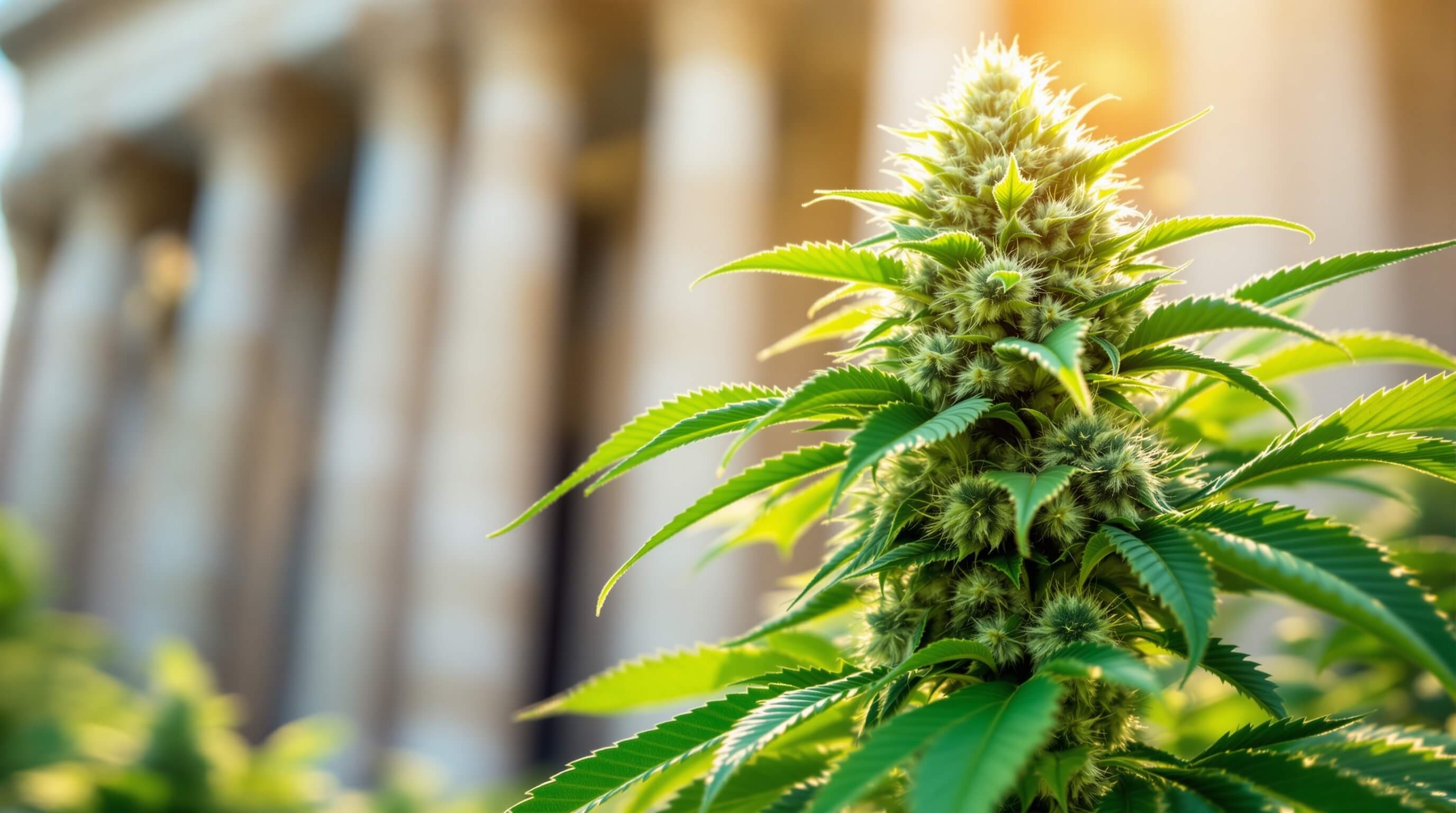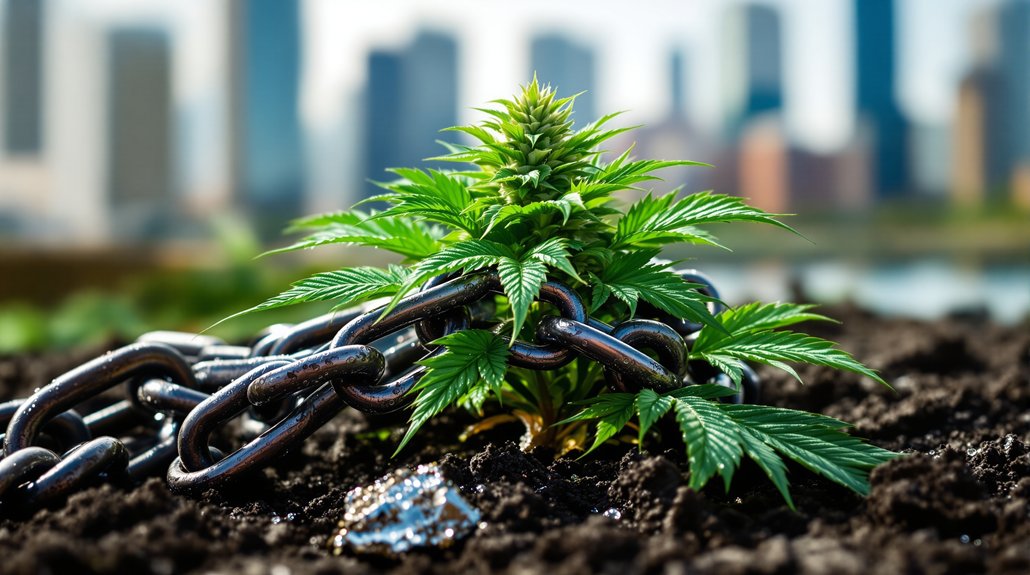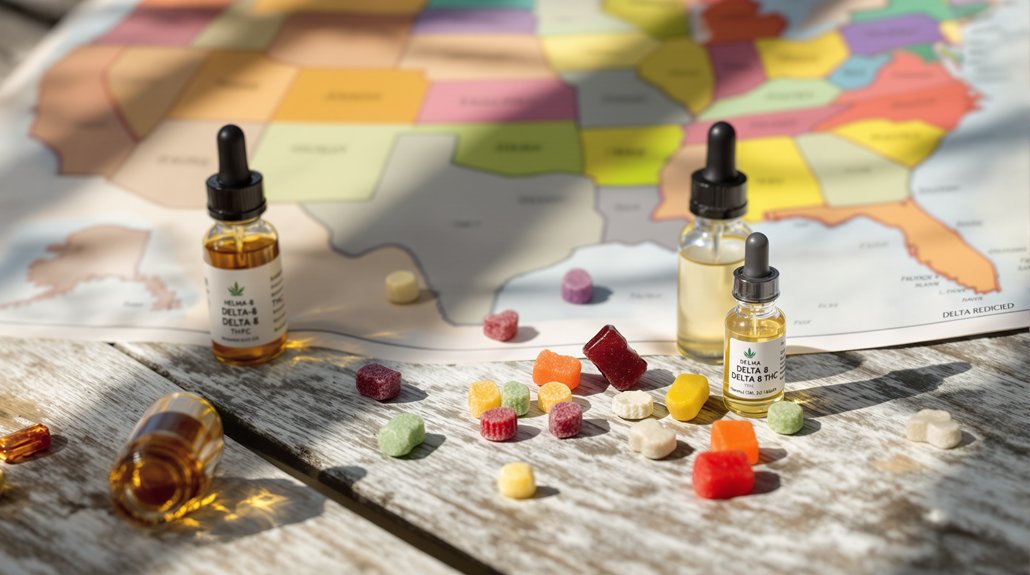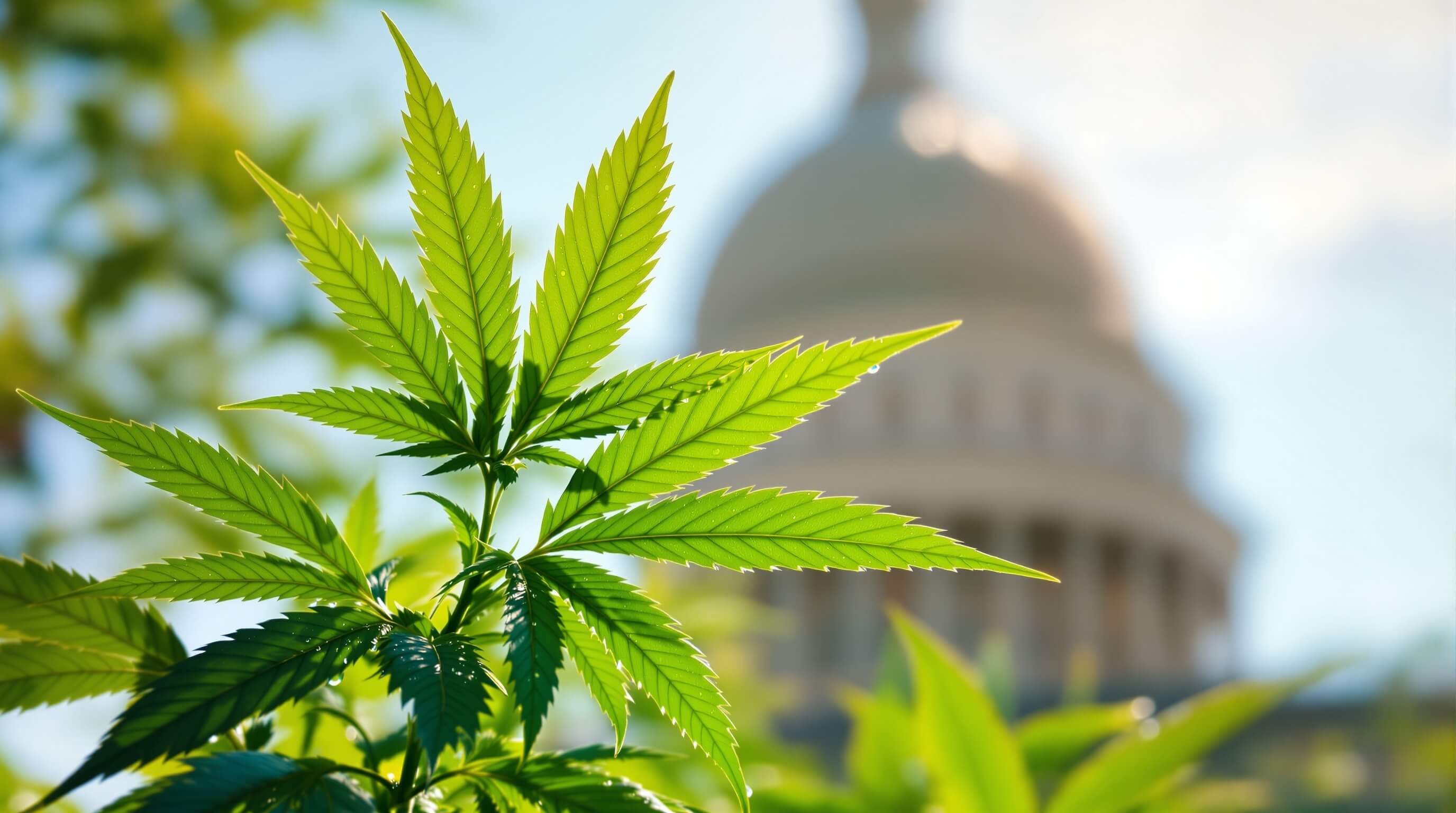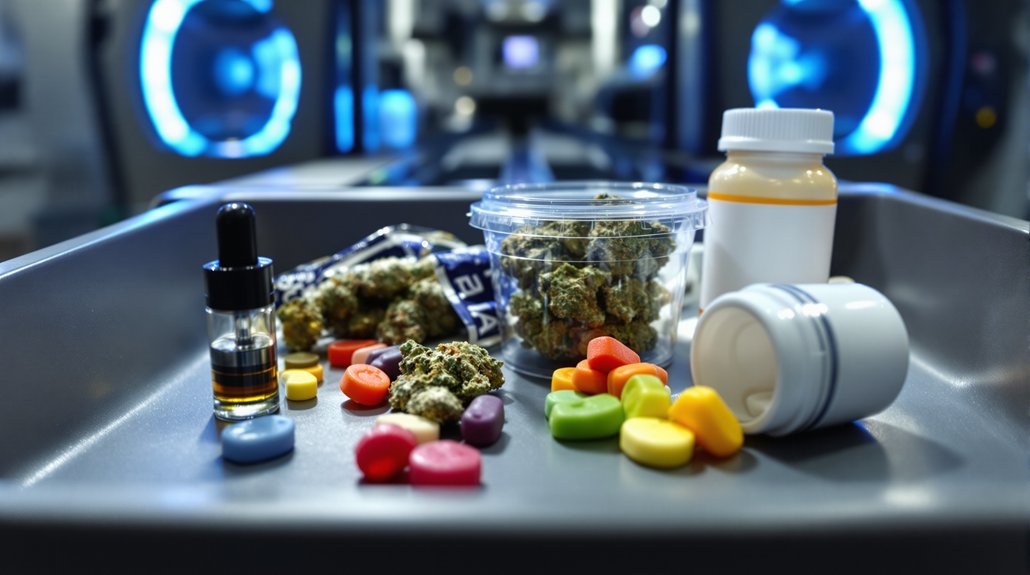President Trump is reportedly considering reclassifying marijuana from its current Schedule I designation to a lower federal drug category, a move that would considerably reduce criminal penalties and transform the legal landscape for cannabis businesses nationwide. This potential policy shift represents a significant departure from traditional conservative positions on marijuana and could mark one of the most substantial changes to federal drug policy in decades.
Currently, marijuana remains classified as a Schedule I substance under federal law, placing it in the same category as heroin and indicating the government considers it to have high abuse potential with no accepted medical use. This classification subjects offenders to serious penalties, including up to one year in prison and minimum fines of $1,000 for possession, though state-level penalties vary considerably across jurisdictions.
Federal Schedule I classification equates marijuana with heroin, carrying penalties of up to one year imprisonment and $1,000 minimum fines.
The Trump administration’s consideration of moving marijuana to Schedule III would dramatically alter the regulatory framework surrounding cannabis. This reclassification would reduce criminal penalties while opening doors for expanded research opportunities and legitimate business operations. The timing appears strategic, with Trump’s team indicating a decision could come within weeks, building on preliminary efforts begun during the Biden administration that were never finalized.
Former Congressman Matt Gaetz characterizes the potential rescheduling as “populism meets practicality,” suggesting the move could energize Trump’s political base while appealing to independent voters. Political analysts view this consideration as smart electoral strategy for 2025, particularly in key swing states where marijuana policy could influence voting outcomes. The approach allows Trump to frame the issue as “common sense reform” while maintaining his previous cautious stance on broader legalization.
The economic implications of rescheduling would be substantial for the cannabis industry. Currently, marijuana businesses face significant financial obstacles due to the IRS 280E tax burden, which prevents Schedule I substance dealers from claiming standard business deductions. Reclassification would eliminate these restrictions, providing cannabis companies access to banking services, financing options, and federal tax benefits previously denied under current law. The cannabis industry would also benefit from SAFER Banking Act legislation that aims to provide legal protections for financial institutions servicing these businesses.
This policy consideration occurs amid growing bipartisan pressure from lawmakers, industry advocates, and political action committees. The national trend toward acceptance is evident, with approximately 40 states having legalized medical marijuana and several permitting recreational use. A 2025 Pew Research Center report reveals nearly 90% of adults now support legalizing marijuana for either medical or recreational purposes. The potential change would also enable FDA-regulated research and pharmaceutical development of cannabis-based medicines. Trump has consistently advocated for a state-by-state approach to marijuana policy decisions throughout his political career.
Despite growing support, conservative skepticism persists regarding potential increases in abuse rates and mental health impacts. Trump’s historically cautious approach toward marijuana policy reflects ongoing debates over states’ rights versus federal oversight, public health concerns, and the broader implications of drug policy reform in America’s evolving political landscape.
